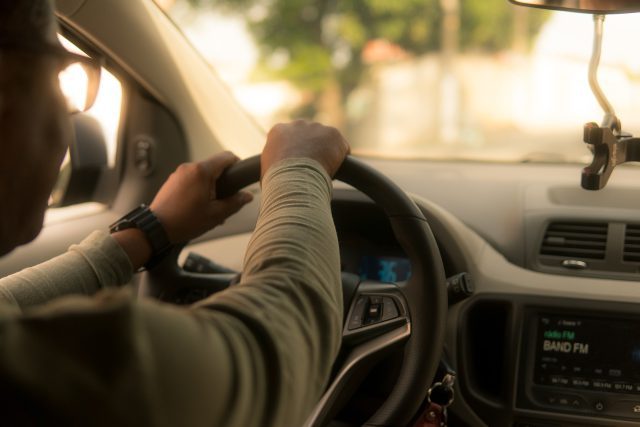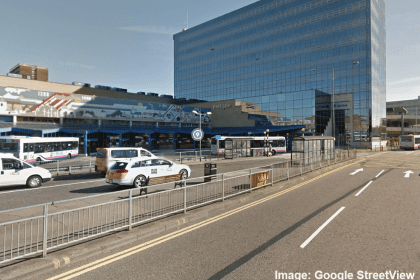Running a private hire taxi is expensive but rewarding, so here are three key things that will reduce costs and help keep drivers enjoying life on the road.
The past 12 months have seen the cost of motoring soar for everyone from commuters and shoppers to taxi and lorry drivers. As well as supply chain issues forcing up the price of parts and consumables, the cost of fuel has risen sharply following Russia’s invasion of Ukraine.
Those who earn their living on the roads, such as private hire taxi drivers, have been hit in every direction by rising prices – but because of licensing laws, have not been able to put up fares to match.
Licensing authorities have recently increased tariffs with huge variations between regions. Many have seen increases for the first time in several years and while some have risen by 20%, many others have only seen modest increases. The other concern for private hire drivers is that even if they could pass on their own rising costs in fares, there is a risk it would drive many passengers away.
One of the biggest expenses taxi drivers face is the cost of fuel. Whether their vehicle is petrol, diesel electric, the key is getting as many miles to the pound as possible. There are a few tips such as reducing weight, keeping tyres inflated to the correct pressure and regular servicing which will help improve miles per gallon or charge.
But the only way to make a significant difference to fuel economy is to upgrade their private hire vehicle to a more modern and economical one. Patons Taxi Sales offers competitive deals on a wide range of new and used saloon cars, hybrids, seven and nine-seater vehicles from leading manufacturers to the taxi and private hire fleet. Call 0141 553 4000, email [email protected] or visit Patons Taxis to find out more.
Having obtained a vehicle that meets their needs, private hire insurance is another expense to consider. By law, private hire vehicles have to have separate taxi insurance which is more expensive than personal car insurance because taxis spend more time on the road and are considered higher risk. But by shopping around and using an insurance broker such as Patons, drivers can save money on their renewals while making sure the policy meets their needs.
Another cost comes from a term private hire drivers will be familiar with – ‘dead miles’. This is the distance drivers have to travel between fares, which costs them money. While the temptation might be to go from job to job, they might have to travel further and end up losing money on a fare. Also, as Motor Trade News points out, the longer it takes to reach a fare, the more likely they are to have found an alternative and the job becomes a no-show, leaving the driver further out of pocket.
The advice instead is that after dropping off a fare, a driver should move to a convenient and nearby location to wait for the next fare that becomes available in the area. That way they aren’t wasting fuel while they are looking for business which may not appear.
There are different ways to save a private hire taxi business money and, as the saying goes, every little helps. But these three major changes will lead to significant savings that will put more money back into a private hire driver’s pocket.




